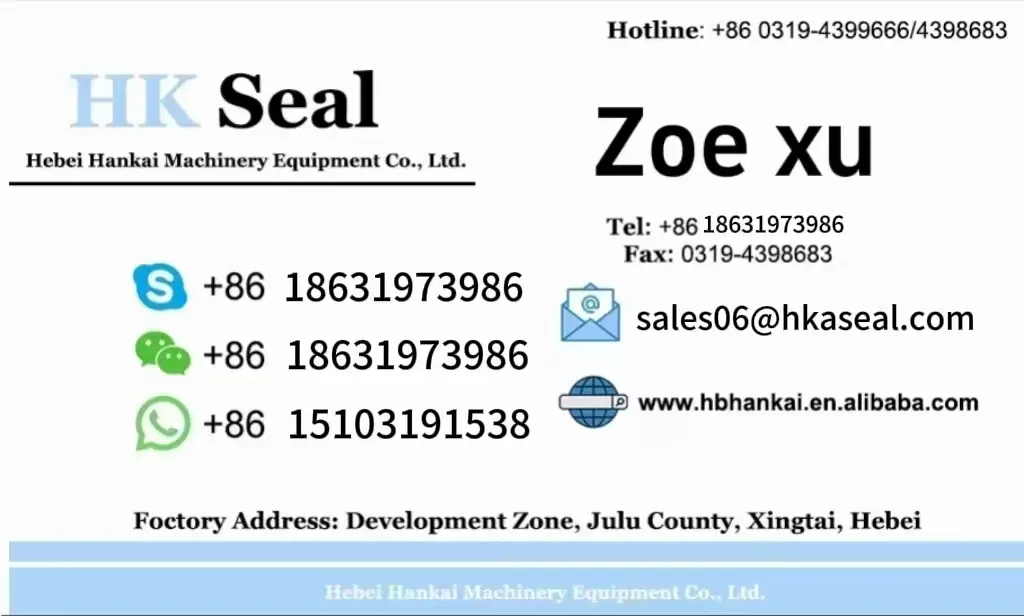Aug . 02, 2024 14:38 Back to list
Effective Solutions for Cylinder Oil Seal Maintenance and Replacement in Automotive Applications
The Importance of Cylinder Oil Seals in Engine Performance
In the realm of internal combustion engines, maintaining optimal performance and efficiency is a key concern for manufacturers and vehicle owners alike. One of the crucial components that play a significant role in achieving this goal is the cylinder oil seal. Often overlooked, the oil seal's function is vital in ensuring that the engine runs smoothly and effectively, contributing to both longevity and performance.
What is a Cylinder Oil Seal?
A cylinder oil seal is a mechanical component designed to prevent oil leakage from the engine while also keeping contaminants like dirt and debris from entering the engine's critical areas. Positioned between the various engine components, such as the crankshaft and the cylinder, these seals are typically made from durable materials such as rubber, silicone, or various synthetic compounds, which are engineered to resist wear and tear from high temperatures, friction, and exposure to oil and other engine fluids.
Functionality and Importance
The primary function of a cylinder oil seal is to ensure that the lubricating oil remains within the engine's designated areas
. This is crucial because lubricating oil reduces friction between moving parts, thereby lowering wear and tear on components and ensuring the smooth operation of the engine. If an oil seal fails, it can lead to significant oil leaks, resulting in decreased lubrication efficiency, increased engine wear, and ultimately, engine failure.Additionally, a properly functioning oil seal prevents contaminants from entering the engine. Dust, dirt, and other particles can significantly hinder engine performance and longevity. By sealing these elements out, the oil seal helps maintain the cleanliness of the engine's internal components, thereby promoting efficient operation and extending the engine's lifespan.
cylinder oil seal

Signs of Oil Seal Failure
Recognizing the signs of oil seal failure can save drivers from costly repairs and extended periods of engine downtime. Common symptoms of a failing cylinder oil seal include visible oil leaks around the engine, decreased oil levels in the engine, and engine noise that may indicate increased friction. In cases where the oil seal has completely failed, the engine may exhibit performance issues, such as reduced power and efficiency.
Maintenance and Replacement
Regular maintenance of an engine can help extend the lifespan of oil seals. Routine oil changes, inspections, and addressing any small leaks or performance issues promptly can minimize the risk of oil seal failure. When replacing oil seals, it is crucial to use high-quality parts that meet or exceed OEM specifications. Improper installation or the use of inferior seals can lead to premature failure, counteracting the entire purpose of the seal.
Conclusion
In summary, the cylinder oil seal is an often underestimated, yet critical component of engine design and functionality. By effectively preventing oil leakage and keeping contaminants at bay, these seals ensure that the engine operates efficiently and reliably. Regular maintenance and timely replacement of worn or damaged oil seals can significantly improve engine performance, safeguard against potential failures, and ultimately enhance the vehicle's longevity. Understanding the importance of these seals empowers vehicle owners to take proactive steps in maintaining their engines, leading to safe and efficient driving experiences.
-
Wiper Oil Seal: Our Commitment to Clean Hydraulics
NewsAug.13,2025
-
Hydraulic Oil Seal for Self Discharging Cars
NewsAug.13,2025
-
Hub Oil Seal for Agricultural Tractor Hubs
NewsAug.13,2025
-
Skeleton Oil Seal with NBR Material
NewsAug.13,2025
-
Rotary Lip Seal for High Pressure Applications
NewsAug.13,2025
-
Cylinder Seal Kits Our Legacy of Hydraulic Trust
NewsAug.13,2025
-
Unlocking the Potential of Hydraulic Systems with Essential Sealing Solutions
NewsAug.06,2025
Products categories
















